Introduction
The 100% online IBR (no classes) is an intensive course that requires a time investment of approximately 14 hours per week during 11 weeks.
For the in-person course, which is 10 course days in 4 weeks, you need to bring your own private or work laptop with statistical software package SPSS or R-studio already installed on your computer.
The course provides an introduction in statistical methodology and discusses a number of statistical techniques for practical data analysis, including T tests, Chi‐square tests, analysis of variance (ANOVA), (multiple) linear and logistic regression and survival analysis. Concrete examples and case studies are used to apply the theory to practical situations. The course ends with a group assignment in which a case study is analyzed using the newly acquired statistical techniques.
Programme
The course consists of 10 Learning Units (LU’s): 1 Learning Unit per week and 2 weeks for LU 10 (Group Assignment). In each LU a statistical theme is explained using short web lectures, alternated with computer exercises.
In general, the daily schedule of the in-person course includes morning lectures from 09.30 to 12.30 h,
followed by computer sessions in the afternoon from 13.30 to 17.00 h.
Examples from medical and biological research will be used in the exercises. Datasets will be analyzed using the statisticalsoftware packages R and/or SPSS. (You need to ensure that these programs are available to you. R is freeware, for SPSS a campus license is available for most universities.) In the various LU’s discussion forums are provided in which you can discuss theory and practice exercises with staff and fellow participants. The Statistics Cafe will serve as a virtual meeting place for discussing more general statistical questions, and to talk with your peers about your own research.
Language
All courses will be taught in English.
Prerequisite knowledge
Although active statistical knowledge is not a prerequisite, we assume some basic knowledge on statistics and mathematics acquired through, for example, courses in biostatistics in the bachelor programme or self study.
The basic knowledge we assume are:
- the concepts of population and sample;
- histogram, boxplot, frequency table, scatterplot;
- mean, median;
- variance, standard deviation, range, interquartile range, standard error of the mean;
- probability, probability distributions (especially the normal distribution);
Number of Credits
4,0 EC
Certificate
After active participation during the whole course, participants will receive a certificate by email.
Course fee
The fee for the “Introductory Biostatistics for Researchers” course depends on your affiliation.
- Internal GSLS: free for internal PhD candidates (UMCU/UU Beta Sciences/UU Veterinary Sciences), registered and approved with UU GSLS and MyPhD (this will be checked).
Please note: if you cancel your application within 4 weeks before the start of the course or do not meet the attendance requirements for you or your dept./research group, will be charged with a no show fee: € 700 for this course - Internal PhD candidates (not registered with GSLS): € 1.750,‐
- External for academic, AIO/OIO’s, researchers: € 1.750,‐
- External Non‐profit organizations: € 1.900,‐
- External Profit organizations: € 2.500,‐
Course Dates
May-June 2025: IN-PERSON, 27-05, 28-05, 03-06, 04-06, 06-06, 10-06, 11-06, 13-06, 17-06, 20-06
September 2025: ONLINE, September 22 – December 5
Registration
To register for the course, please send an email to: biostatisticseducation@umcutrecht.nl . You will then receive the relevant brochure as well as the Registration Form, which you can fill in completely and email back for confirmation.
Cancellation other than internal GSLS
If cancelled within four weeks of the start of a course, 50% of the fee will be charged; if cancelled within one week of the start of a course or during a course: 100% will be charged. In all other cases: € 50,‐ (excl. BTW) administration costs will be charged. Please note: if you cancel your application within 4 weeks before the start of the course or do not meet the attendance requirements for you or your dept./research group, will be charged with a no show fee: € 700 for this course
